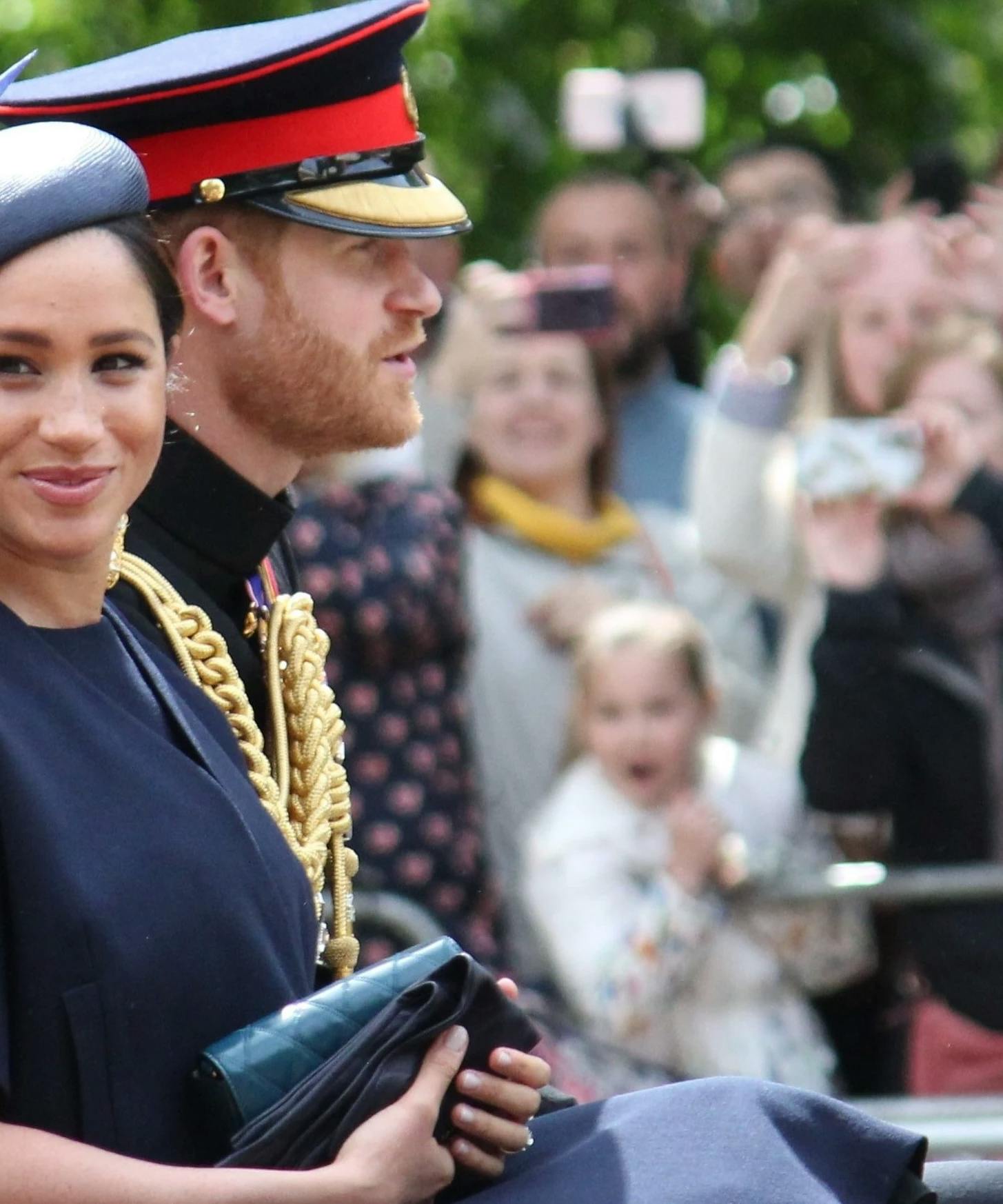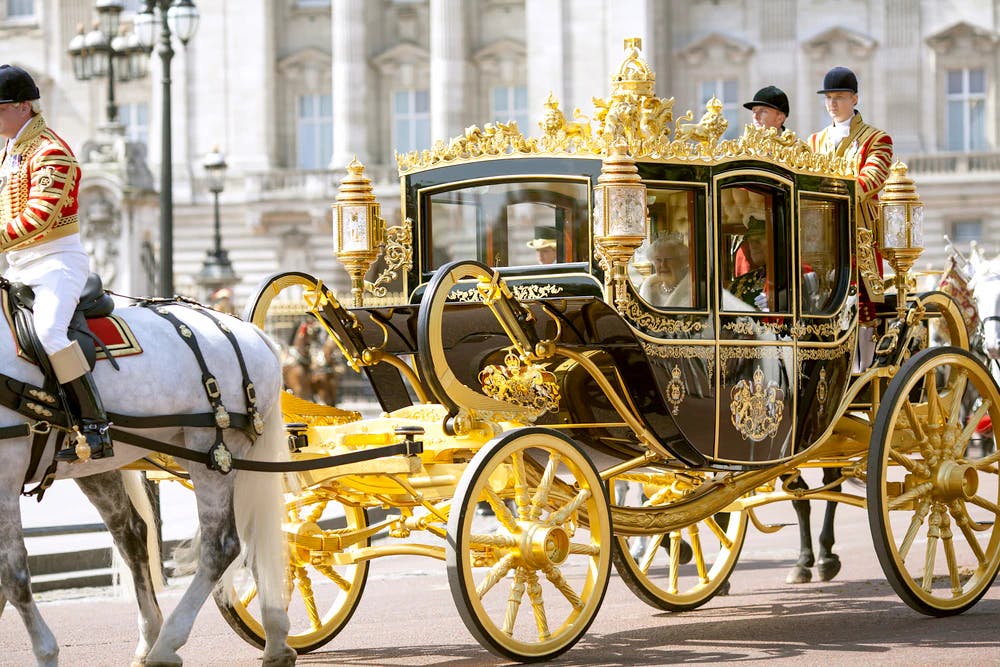Why Are Americans Obsessed With British Royalty?
The psychological reasons go beyond people's desire for wealth and fame.

Americans Love a Royal Wedding
29.2 million Americans tuned in to watch Britain’s Prince Harry marry Meghan Markle in May 2018. And 23 million Americans were watching when Harry’s brother, William, married Kate Middleton back in 2011. Lest we assume this obsession has developed very recently, 14.2 million American households tuned in to the wedding of Will and Harry’s parents, Prince Charles and Princess Diana, in July 1981.
But, when you think about it, this is actually pretty strange. Surely the citizens of a nation built on the consent of the governed ought not to be pining for monarchy! But we are. Hopelessly, passionately, and in droves. Why are Americans so obsessed with British royalty?
We Look at a Princess and See Cinderella
You only have to take a look at the way the Royals are covered in the news to begin to put together an answer to this question. “We just couldn't take our eyes off Harry,” writes Monica Sisavat of PopSugar, he “looked like a real-life Prince Charming.” “Prince William Really IS Prince Charming,” gushes Fox News. Kate Middleton is “reminiscent of a modern-day Cinderella,” writes Erica Gonzales of Harper’s Bazaar. “Markle looked just like Cinderella as she walked alongside her new husband,” observed Tamara Fuentes, also of Harper’s. Even Queen Elizabeth II and her husband Prince Phillip (William and Harry’s grandparents) had a love story that had “the makings of a modern fairy tale” (Reader’s Digest).
We’re making a key — but understandable — mistake. Even though we know intellectually that the royals are human (just like the rest of us), the optics are reminiscent of fairy tales. And fairy tales are universal, powerful, and deeply ingrained in our culture. We look at a princess (be it Kate, or Meghan, or Diana) and see Cinderella. We look at a prince (be it William, or Harry, or yes, even Charles) and see Prince Charming. It doesn’t matter how many errors of judgment, public faux pas, or verbal gaffs they make, the royals are our stand-ins for fairy tale royalty.

It isn’t hard to see why we’re making this connection. Fairy tales borrow the reality of royalty to make a symbolic point. The high-born status of princes and princesses symbolically represents their high morals and virtues in a fairy tale. Their glittering crowns, sparkling dresses, and impeccable manners all signify the goodness and inner beauty of the fairy tale characters who possess them. As Joan Gould explains in her book, Spinning Straw into Gold, fairy tales use a “visual code that says the good must be beautiful while the wicked are ugly.” In a fairy tale, prince-ness and princess-ness represent the inner goodness that those characters embody.
The Importance of Fairy Tales
And all that, of course, leads us to wonder: why do we care so much about fairy tale princes and princesses that we’re willing to settle for this imperfect facsimile just to get our fix? The answer to that is simple. We all — every single one of us — aspire to be a fairy tale royalty. We all yearn to be the most authentic versions of ourselves, the full embodiment of our gifts and passions. And we long, too, for true love and happily ever after.
So we look at the royals, in their glittering gowns, ensconced in their ancient and ornate palaces, and we allow them to stand in for the royalty that has represented the best in all of us for centuries. We selectively ignore the aspects of their lives that don’t measure up to their fairy tale counterparts, and we focus on the aspects that have been borrowed — since time immemorial — by the tellers of fairy tales to represent goodness and love. We let them be what we want to be ourselves: perfect.